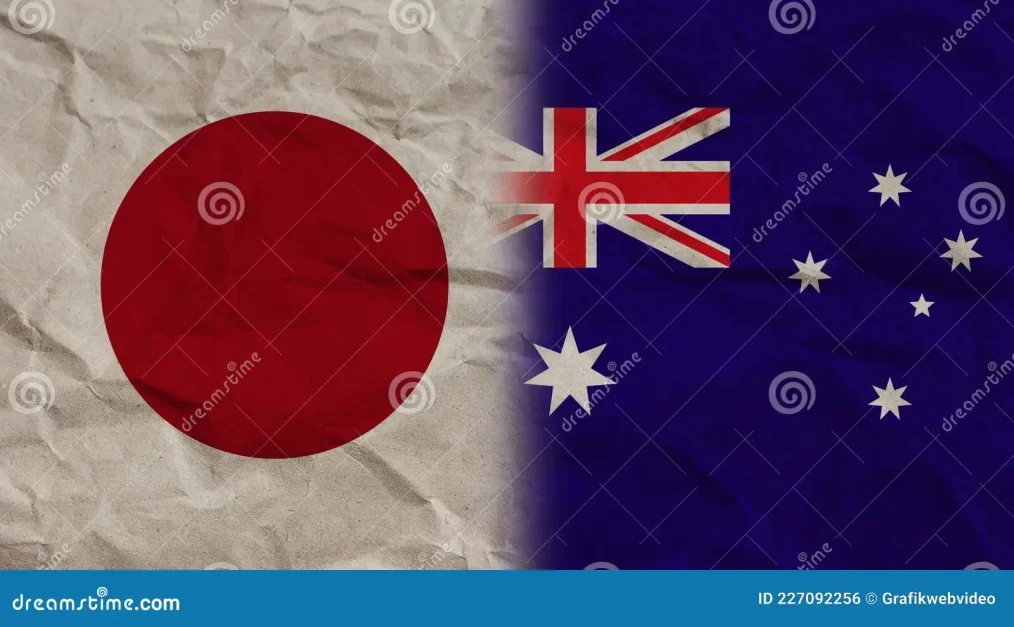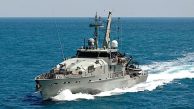
Japan, US, and Australia Deepen Military Collaboration
The Straits Times
In response to increasing regional tensions, the United States, Japan, and Australia have announced a significant expansion of military cooperation, highlighted by the first-ever regular deployment of Japanese marines to Australia. The agreement was unveiled during a press conference in Darwin, featuring Australian Defence Minister Richard Marles, US Defence Secretary Lloyd Austin, and Japanese Defence Minister Gen Nakatani.
“Regular deployments of Japan’s amphibious Rapid Deployment Brigade to Australia mark a new chapter in our defence partnership,” said Marles. Austin emphasized the momentum of trilateral collaboration, including annual amphibious training exercises and the integration of key bilateral drills into trilateral formats.
Japanese marines will now join Australia’s premier Talisman Sabre exercise starting next year, alongside enhanced participation in Exercise Southern Jackaroo. Australian forces will also increase their involvement in traditionally US-Japan exercises, such as Orient Shield and Yama Sakura, fostering greater interoperability among the three nations.
Approximately 600 Japanese marines are expected to rotate regularly through Darwin, complementing the existing US Marine Rotational Force there. This trilateral cooperation extends beyond drills; the nations aim to expand intelligence, surveillance, and reconnaissance capabilities. Notably, Australian personnel will join the Japan-US Bilateral Information Analysis Cell (BIAC) at Yokota Air Base, enhancing classified intelligence sharing.
Austin also hinted at Japan’s future involvement in AUKUS Pillar Two, a collaborative defence initiative focusing on advanced technologies such as quantum computing, autonomous systems, and long-range strike capabilities.
The announcement reflects a broader strategy to fortify alliances in the Indo-Pacific. Austin, on a regional tour, will next visit the Philippines, attend ASEAN defence talks in Laos, and make a historic trip to Fiji.
“This is about building a secure and resilient Indo-Pacific,” said Austin. “There’s immense potential for our nations to address emerging challenges together.”
This deepening partnership underscores a shared commitment to countering regional threats and enhancing collective security in the Indo-Pacific.




